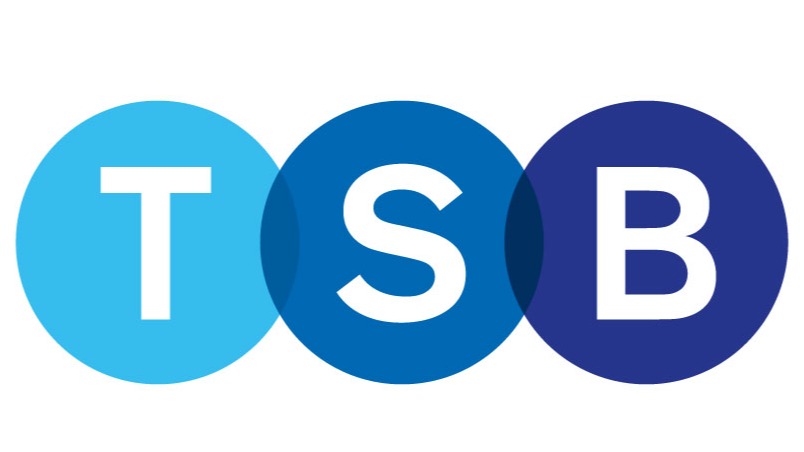The Bank of Ireland has confirmed that it has rectified a technical problem which allowed some customers to go beyond their normal withdrawal and transfer limits.
Some users had noted a glitch with the bank’s app that allowed customers with low balances to transfer up to €1,000 to a linked account with a digital banking app which in turn could be withdrawn via an ATM.
The news was first reported by local media in Ireland on Tuesday, with Irish police saying that they were aware of unusual volumes of activity at some ATMs in the country.
The country’s largest lender by assets initially tweeted about the issue on Tuesday evening, before following up later in the evening with a reminder for customers that “if transferring/withdrawing funds-including over normal limits-this money will be debited from their account.”
Bank of Ireland confirmed the issue had been resolved early on Wednesday morning, tweeting: “Following the outage yesterday, the App and 3650nline are back working again. Overnight payments to accounts may appear throughout the day. We sincerely apologise for the disruption this outage caused - we know it fell far below the standards our customers expect from us.”
A separate statement from the bank added: "We urge any customer who may find themselves in financial difficulty due to overdrawing on their account to contact us. We sincerely apologise for the disruption this outage caused."
Last month, Bank of Ireland reported a pre-tax profit of over €1 billion for the first half of 2023. This represented an increase of 192 per cent on the same period last year. Its retail division saw profit fall almost 30 per cent, due to more money being set aside to cover potentially bad loans.
Latest News
-
Gemini to cut quarter of workforce and exit UK, EU and Australia as crypto slump forces retrenchment
-
Bank ABC’s mobile-only ila bank migrates to core banking platform
-
Visa launches platform to accelerate small business growth in US
-
NatWest to expand Accelerator programme to 50,000 members in 2026
-
BBVA joins European stablecoin coalition
-
eToro partners with Amundi to launch equity portfolio with exposure to ‘megatrends’
Creating value together: Strategic partnerships in the age of GCCs
As Global Capability Centres reshape the financial services landscape, one question stands out: how do leading banks balance in-house innovation with strategic partnerships to drive real transformation?
Data trust in the AI era: Building customer confidence through responsible banking
In the second episode of FStech’s three-part video podcast series sponsored by HCLTech, Sudip Lahiri, Executive Vice President & Head of Financial Services for Europe & UKI at HCLTech examines the critical relationship between data trust, transparency, and responsible AI implementation in financial services.
Banking's GenAI evolution: Beyond the hype, building the future
In the first episode of a three-part video podcast series sponsored by HCLTech, Sudip Lahiri, Executive Vice President & Head of Financial Services for Europe & UKI at HCLTech explores how financial institutions can navigate the transformative potential of Generative AI while building lasting foundations for innovation.
Beyond compliance: Building unshakeable operational resilience in financial services
In today's rapidly evolving financial landscape, operational resilience has become a critical focus for institutions worldwide. As regulatory requirements grow more complex and cyber threats, particularly ransomware, become increasingly sophisticated, financial services providers must adapt and strengthen their defences. The intersection of compliance, technology, and security presents both challenges and opportunities.
© 2019 Perspective Publishing Privacy & Cookies













Recent Stories